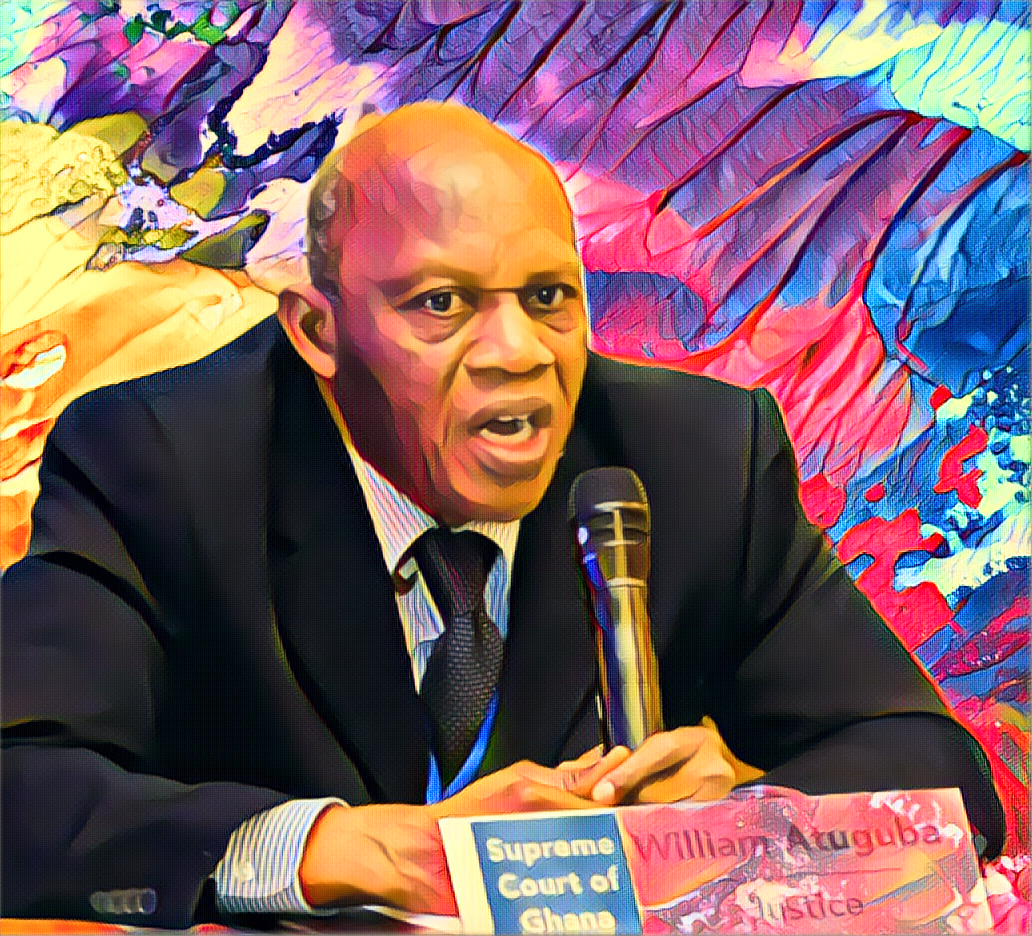Former Supreme Court Justice William Atuguba has voiced his critique of the court’s decision to nullify James Gyakye Quayson’s 2020 election as a Member of Parliament for the Assin-North Constituency. Justice Atuguba asserts that the Supreme Court not only made a legal error but also failed to uphold justice, deeming the court’s judgment “scandalous.”
During a lecture organized by civil society group Solidare Ghana and the University of Ghana’s Department of Political Science, Justice Atuguba delved into the issue. He argued that the Supreme Court’s intervention in a matter already settled by the High Court violated the legal principle that matters decided should not be revisited.
Justice Atuguba emphasized that the ideal course of action would have been to execute the High Court’s decision, which nullified Quayson’s election, rather than launching a new case in the Supreme Court based on the same merits.
The former Supreme Court judge also criticized the apex court for entertaining the Gyakye Quayson case, which, in his opinion, was under the jurisdiction of the High Court. He cited Article 99 of the 1992 Constitution, which designates post-parliamentary election matters to the High Court, with the Court of Appeal as the final appellate authority. Therefore, the Supreme Court had no legal basis to handle the case.
Justice Atuguba argued that the Supreme Court’s decision suggested a concurrent jurisdiction over parliamentary election petitions with the High Court, a concept alien to the constitution.
Furthermore, he questioned the Supreme Court’s conclusion that Quayson failed to renounce his Canadian citizenship before filing his electoral documents. He pointed out that if the certificate of renunciation was so mandatory and conclusive, it should have qualified Quayson when he received it on November 26, 2020, well before the parliamentary election on December 7, 2020.
Justice Atuguba expressed his bewilderment at the court’s assertion that Quayson still owed allegiance to Canada due to an alleged incomplete renunciation process, despite Quayson’s submission of renunciation papers to Canada in 2019. He found it difficult to believe that Quayson, in December 2020, could be considered as seriously owing allegiance to Canada.
The critique by a former Supreme Court justice has added another layer of complexity to the already contentious case. As the legal and political communities continue to grapple with the implications of the court’s decision, the debate over the handling of parliamentary election matters and the renunciation of citizenship remains a topic of significant concern.
Source: [Daily Graphic]





1 comment
Ngoài ưu đãi khi nạp tiền lần đầu và hoàn tiền, nhà cái mã nhận thưởng 888slot còn thường xuyên tổ chức các chương trình khuyến mãi định kỳ hàng tuần, hàng tháng. Những phần thưởng này có thể là tiền mặt, quà tặng hoặc vòng quay miễn phí trong trò chơi slot game. TONY12-12